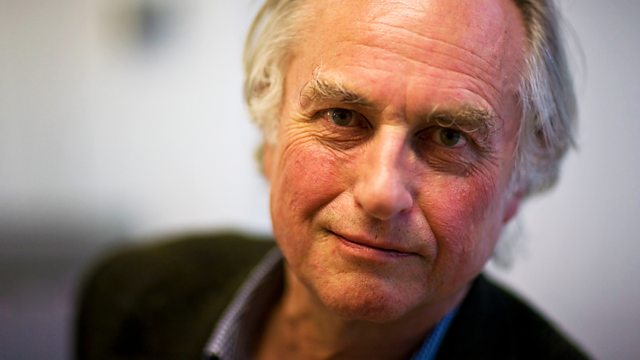Episode 4
Professor Richard Dawkins talks to Craig Venter and other leading scientists about the potential powers of genome science in the future.
Genetic tests at birth, designer babies, synthetic life and resurrected mammoths. In the final part of this series, Richard Dawkins talks to Craig Venter and other leading scientists about the potential powers of genome science in the future.
In May this year, researchers at the J Craig Venter Research Institute announced they had succeeded in creating the world's first synthetic organism, dubbed 'Synthia'. They had constructed the entire genetic blueprint of a microbe from the raw chemical building blocks of DNA - a man-made chromosome built from scratch. This artificial genome was then transplanted into another bacterial cell, and 'Synthia' was born.
As Craig Venter explains to Richard Dawkins, this is the only organism on the planet with a genetic ancestry that cannot be traced to the primordial ancestor of life on Earth. Its origins are a computer and a chemistry lab on the east coast of the United States. But what is the point?
Craig Venter's vision is to use the techniques to devise unique 'designer' organisms for producing, for example, environmentally-friendly fuels - microbes that make hydrocarbon fuels from carbon dioxide they suck out of the atmosphere.
Richard Dawkins asks how Venter reacts to the charge he is playing God.
The programme also looks at other controversial scenarios raised by humanity's powers to scrutinise the genome. Will we be able to screen the genetic blueprint of new born babies for their lifetime risk of conditions such as obesity and Alzheimer's disease? In the future, should we allow prospective parents to choose embryos based on their complement of genes for intelligence, or let them add genes to boost brain power or physical prowess? And will it be possible to use ancient DNA to bring woolly mammoths back from dead?
Producer: Andrew Luck-Baker.
Last on
More episodes
Previous
Next
You are at the last episode
Broadcast
- Wed 14 Jul 2010 21:00Βι¶ΉΤΌΕΔ Radio 4

